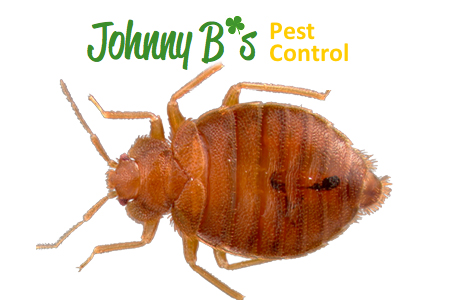Insects and spiders may not live for very long relative to other animals. However, insects and spiders reproduce at astonishing rates, which makes arthropods the most abundant group of animals on the planet. As much as you may hate insects and spiders, the fact that the insect population is currently decreasing globally should not be taken as good news. Pretty much every insect serves a purpose in the ecosystem where they dwell. An argument can even be made for preserving the lives of even the most hated types of insects, including bed bugs. Since bed bugs are only becoming more and more numerous in the world, it may surprise you to learn that these blood-suckers do not live long lives. It is hard to pin down an accurate bed bug life expectancy since the lifespan of bed bugs varies considerably depending on a variety of factors. Some of these factors include a particular bed bug’s genetic makeup, outside temperature, food availability and quality and environmental conditions. In laboratory environments, the amount of time between a bed bug’s hatching and its death is somewhere in between six to twelve months.
Although lab experiments show that bed bugs can live for at least six months, a bed bug’s life expectancy is much lower in the wild. The bed bugs that infest people’s homes are forced to compete with one another for resources. Bed bugs also must avoid predators and the chemicals that are used in household cleaning products and insecticides. Female bed bugs typically die before males. This is mostly due to the female’s risk of being victimized by traumatic insemination. Artificial insemination occurs when males break open the females tough exoskeleton in order to plant its sperm. One of the biggest factors influencing a bed bug’s lifespan is, as already mentioned, temperature. In order for a bed bug to survive, the outdoor temperatures cannot become too extreme. A study showed that bed bugs were killed after the temperature drops below fifty seven degrees fahrenheit. However, another study found termites remaining active until the temperature was brought down to forty four degrees fahrenheit. Environments that exceed ninety seven degrees fahrenheit also kill off bed bugs. But don’t think that turning off your heat will rid your home of bed bugs. Obviously, a pest control professional is your only hope in a bed bug crisis.
Do you think that bed bugs are better adapted for indoor rather than outdoor environments?
Stay up to date with Johnny B’s Social Media Pages!

